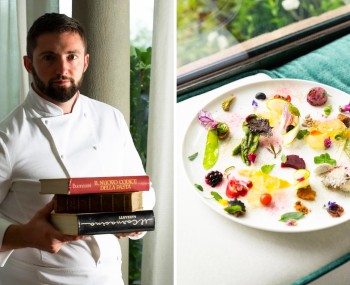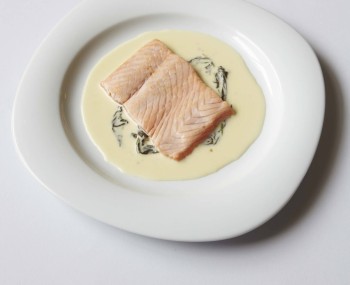Fashion universe meets champagne one: two major brands, Stella McCartney and Veuve Clicquot, raise a glass to a sustainable future after launching a collection of six complements - between bags, shoes, and an exclusive bottle holder - made with only recycled material from Madame Clicquot's Grand Cru vineyards.
*Content with promotional purpose
The News
In an increasingly fast-paced world, sustainability imposes itself as an indispensable paradigm in order to lead a radical revolution. It is not a matter of riding the wave of the trend, but a necessity that affects many aspects of our existence: society in the first place, the economic system, the cultural and behavioral sphere. The change of course, therefore, is necessary: every choice implemented in everyday life, no matter how small and insignificant it may seem, has a concrete impact and can prove decisive for years to come.

The adoption of alternative and cruelty-free resources, such as waste, is an option that many companies should consider, for example in place of using and processing animal skin, thus promoting a circular and renewable production model. This is why the interaction between Stella McCartney and Veuve Clicquot, excellences in their respective fields of endeavor, takes on unprecedented symbolic value: les Maisons LVMH come together to demonstrate that luxury, identity and ethics can coexist harmoniously.
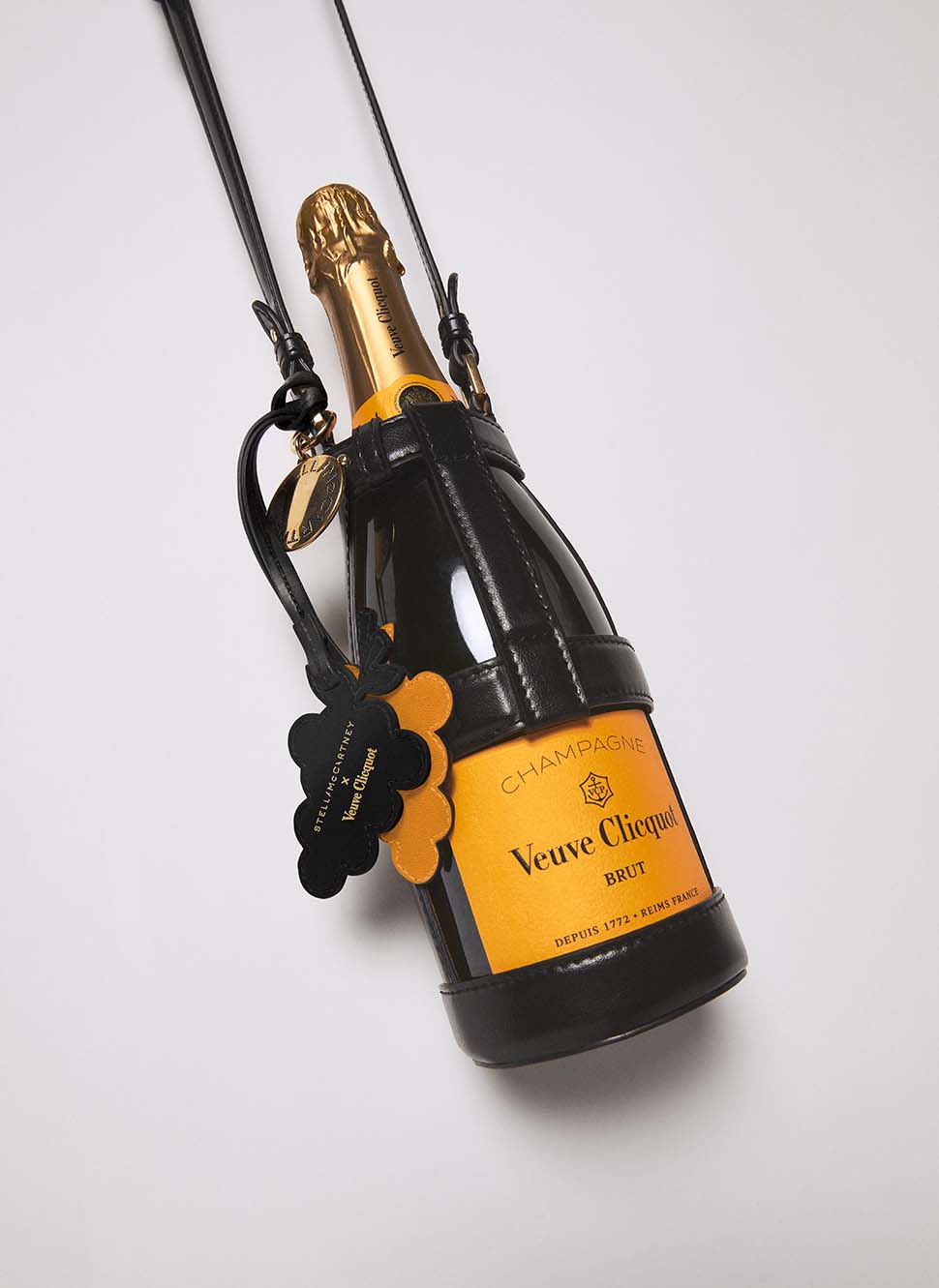
The project, based on common values, aims to inspire and surprise two macro sectors, the fashion industry and the wine industry: the latest-generation material, VEGEA (created in less than 18 months), which was used to handcraft six signature accessories, comes from harvest waste, or rather the stems of Grand Cru vineyards (purchased 200 years ago by Madame Clicquot); it consists of three iconic Frayme bags, a bottle holder to hold a Yellow Label, and two Elyse sandals, which feature a recycled cork wedge, collected in a mix of pre- and post-consumer waste in the cellars of Reims.
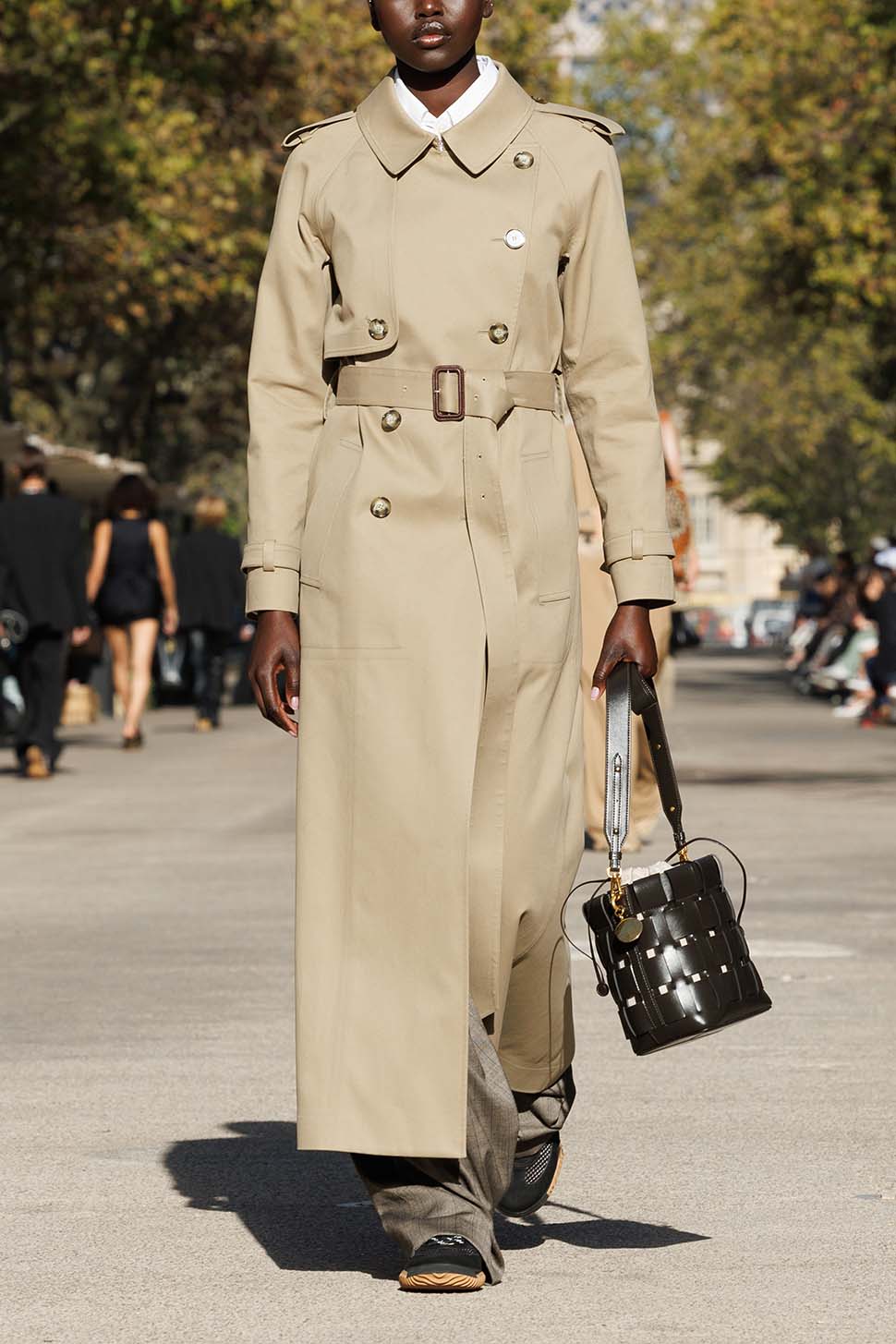
In fact, the grapes are grown following regenerative agriculture practices, which helps restore local biodiversity, soil health, and capture carbon. As of 2019, “fashion consciousness” has also been experimenting in its field, with its support for the SOKTAS Regenerative Cotton Project in Turkey.
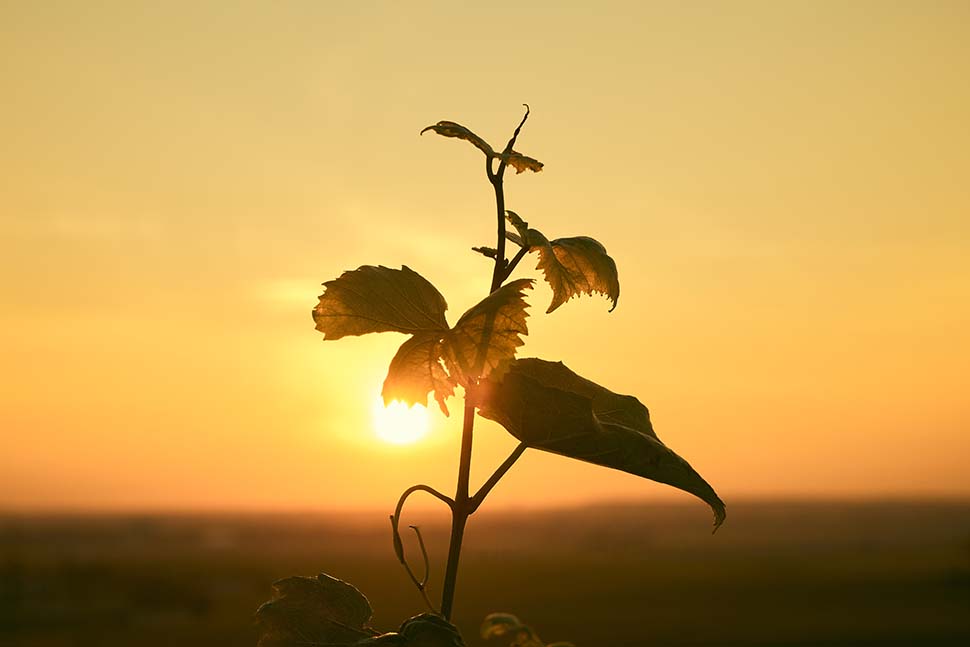
“This collaboration with Stella McCartney represents our commitment to a more responsible future,” comments Jean-Marc Gallot, CEO of Veuve Clicquot. On the other hand , the British fashion designer describes herself as “excited” about the partnership.
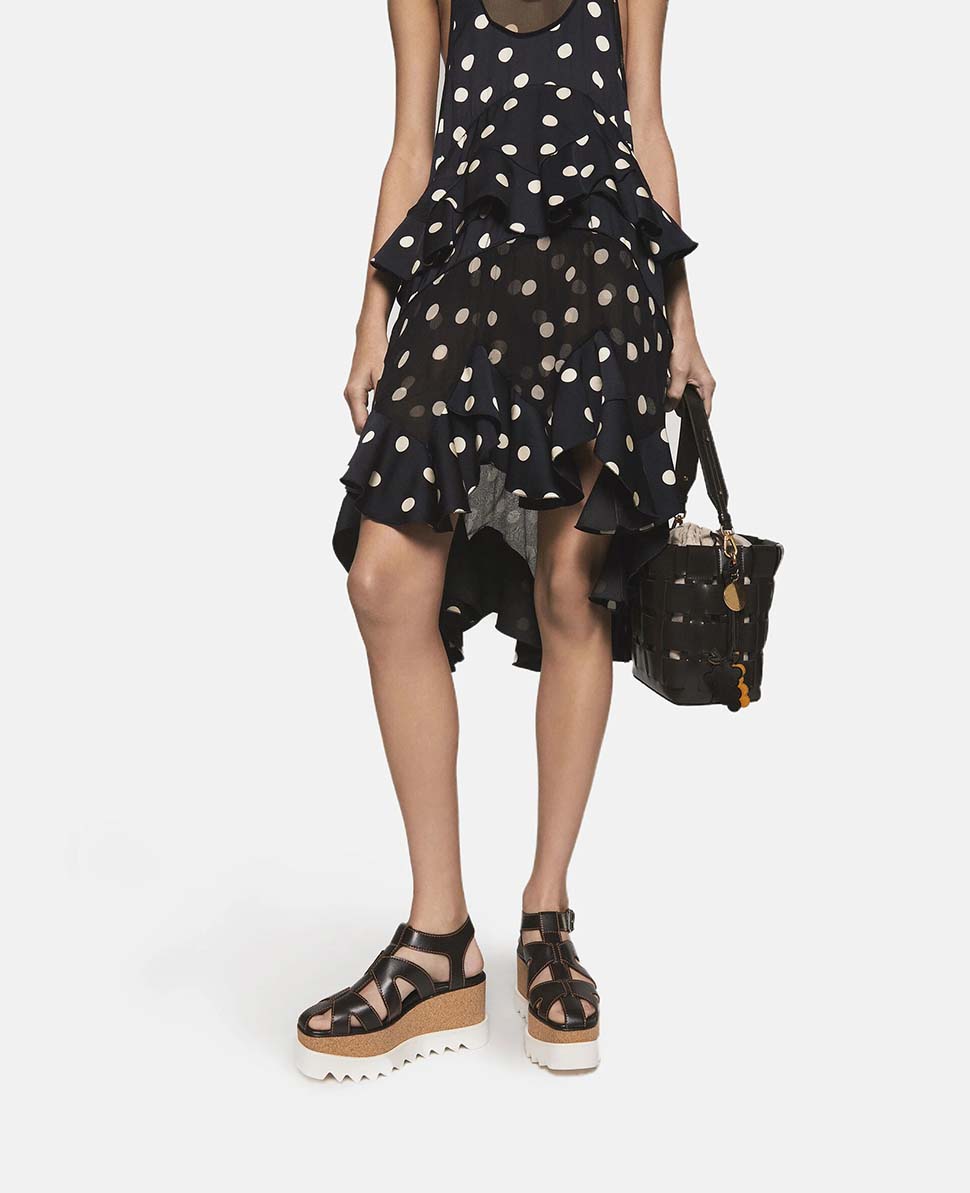
The two brands are actively cooperating as there are numerous studies highlighting and certifying that the vegan-driven Plan B has an ecological footprint less than half that of the traditional variant, which causes the death of more than a billion creatures every 365 days (PETA) and is leading to the destruction of key ecosystems, such as the Amazon that is home to the earth's lung (WWF). Through individual gestures and group reactions, it is possible to address the serious challenges of our time, generating a dense network of changes, which, if multiplied, will lead to important forks in the road: it will be up to us to choose which path to take, always hoping that it is the right one. And this is a great first step.
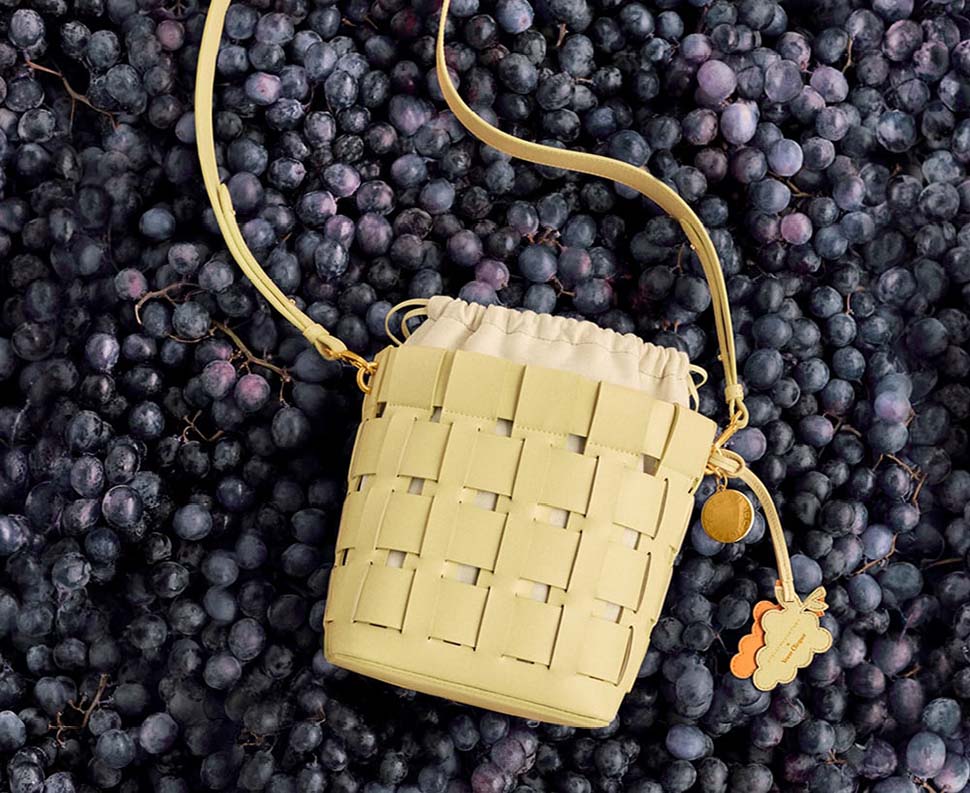
Read more about STELLA MCCARTNEY and VEUVE CLICQUOT.


